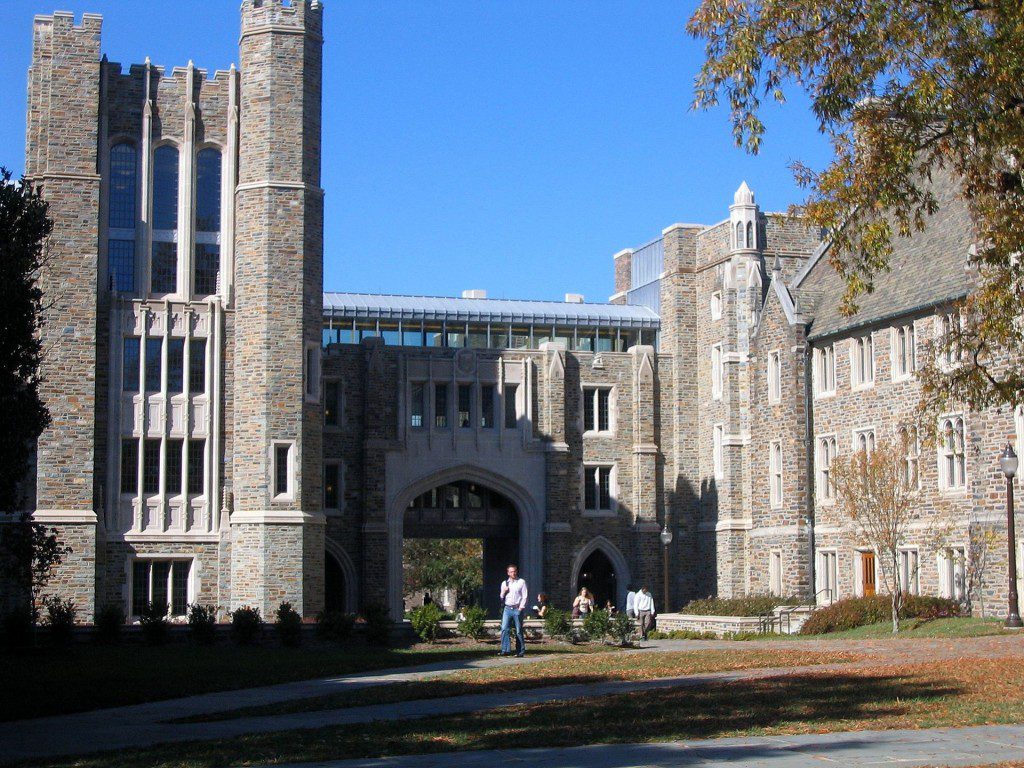
Pure, disinterested reason prevails in the world of academia, a rarefied place that rarely experiences human emotions, prejudices, error, or disagreement.
It was a pretty spectacular error in an academic social-science article — hilarious to a lot of us, though certainly not to the study’s authors — but it and its enthusiastic reception probably also represent the political/ideological biases that dominate the contemporary social sciences:
http://www.weeklystandard.com/get-me-rewrite/article/2002782
“Confirmation bias,” anyone?
Remember, too, that the article passed peer review before it was published. Some people out there (I’ve noticed it especially in critics of the FARMS Review and, now, of Interpreter) fetishize peer review. Never, or almost never, academics themselves, they falsely deny that we do it — though we do, and always have — and they seem to imagine that it approaches the status of an infallible guarantor of truth. However, although it’s an extremely useful tool, the peer review process is both human and humanly liable to error. That’s memorably demonstrated in this amusing case. But it’s demonstrated every day in academia, as the critics would see if only they gave the topic a few moments of clear thought: The world of scholarship is constituted, to a large degree, by arguments between peer-reviewed books and articles. Plainly, no actually practicing scholars believe that mere peer review certifies unassailable Truth.
Posted from Park City, Utah










